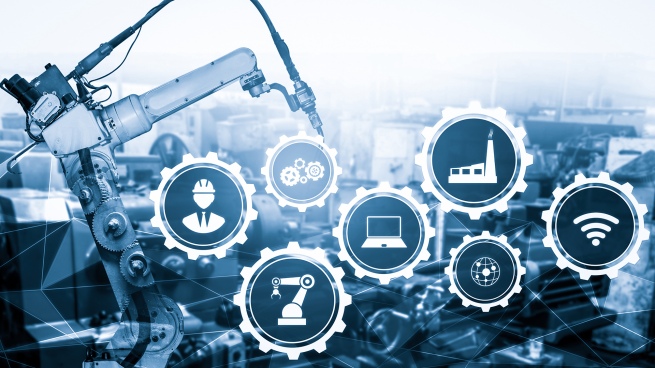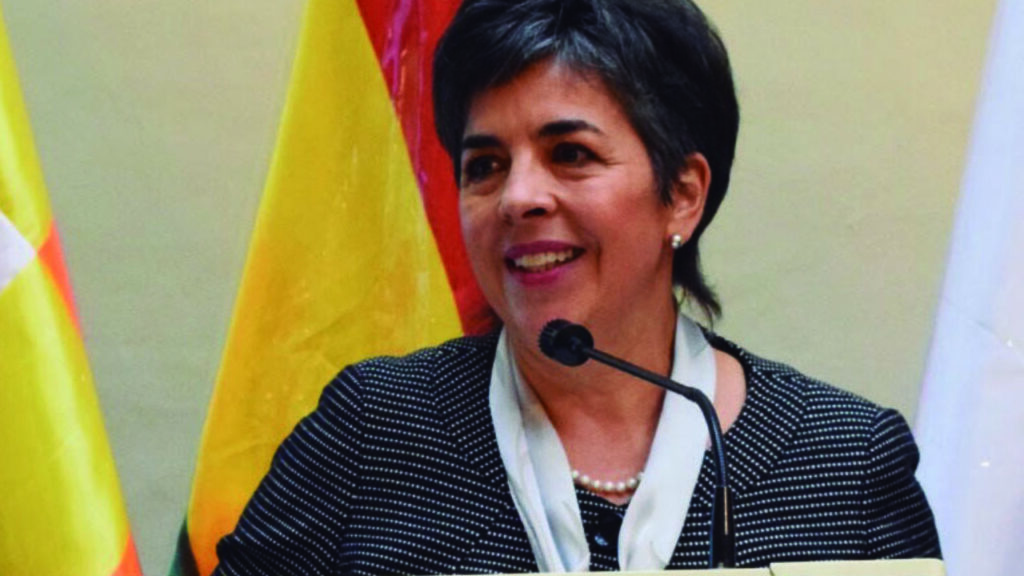The business chambers and the Ministry of Productive Development allocate an increasing amount of resources to the creation of technology and transformation 4.0 centers so that firms deepen their digitization and increase their productivity and competitiveness.
In the last two years, The Secretariat of Small and Medium Enterprises and Entrepreneurs (Sepyme) of the productive portfolio has executed a budget of more than $8,000 million for policies and initiatives of digital transformation 4.0 in more than 12,500 MSMEs.
For its part, the Association of Metallurgical Industrialists (Adimra) has invested more than US$ 10 million in its 18 Technological Centers, while the Argentine Industrial Union (UIA) and Accenture founded this year the X Industry Center (CIX), a space destined to implement 4.0 solutions in the industry.
Industry 4.0 is a concept coined in 2010 in Germany that refers to the application in production processes of new technologies such as artificial intelligence, the Internet of Things, big data analysis, 3D printing and smart sensors, among others.
Different specialists define the irruption 4.0 as the fourth industrial revolution because it is radically changing the ways in which it is produced, traded and consumed through the computerization and digitization of production.
The arrival of the coronavirus pandemic at the beginning of 2020 in Argentina and the social distancing policies to mitigate its adverse effects, produced an acceleration of digitalization in daily life, both at a socio-cultural level and at a productive and business level. .
“Digital transformation is a process that began more than 10 years ago in the world” But “the pandemic was a catalyst” and “today these advances are spreading throughout the country and more and more companies are finding how to navigate the path of innovation,” the manager of the Argentine Industrial Union (UIA) told Télam. and in charge of the CIX, Laura Segura.
The creation of technological centers aimed at facilitating innovation and digital transformation in companies is a policy that different business chambers have been carrying out in recent years, in some cases in coordination with the Ministry of Productive Development.
By casethe Association of Metallurgical Industrialists (Adimra) has 18 Metallurgical Technological Centers (CETEM) located in different parts of the country and constituted as spaces for Research, Development and Innovation (R+D+i) to accompany SMEs in their growth.
Adimra has invested more than US$10 million in equipment and infrastructure aimed at incorporating 4.0 technologies; the improvement of production processes; to the development and optimization of new products; and the generation of new business models based on digital technologies.
The centers of the metallurgical entity have a strong relationship with the territory in which they are located, and propose a work logic articulated with workers, businessmen, universities and the public sector, among other actors.
In dialogue with Télam, the executive director of the Association of Metallurgical Industrialists (Adimra), Sebastián Kosacoff, said that “we promote work in an associative way, in the form of a network, between different actors in the value chain. For us, the articulation with universities, with regional educational institutions and with governments is very important”.
Adimra has more than 50 experts dedicated to the dissemination of technologies and the support and training for companies and workers.
Meanwhile, the X Industry Center (CIX) is the result of a coordinated effort between the firm Accenture (which has more than 20 centers of this type globally) and the UIA (which has a program called Ruta X that accompanies the companies in the implementation of 4.0 and digital tools).
“We work to demystify that innovation is necessarily expensive or is only within the reach of a few companies,” said Laura Segura, after which she added that at CIX “one of our main objectives is for technology and innovation to work as a trigger for implementation ideas for companies within their plants”.
The UIA’s proposal focuses both on accompanying firms in the incorporation of new technologies and on training new specialists.
Digital transformation is also an important part of the agenda of the Ministry of Productive Development headed by Matías Kulfas.
In that sense, his management has allocated more than $8,000 million through different policies such as support programs, financing for technology centers, refunds, training, specific lines of credit with subsidized rates.
Days ago, Adimra and the national productive portfolio announced the granting of $118 million through Non-Reimbursable Contributions (ANR) to develop new capacities in the Metallurgical Technological Center (Cetem) that the entity owns in the Buenos Aires district of Florencio Varela.
















